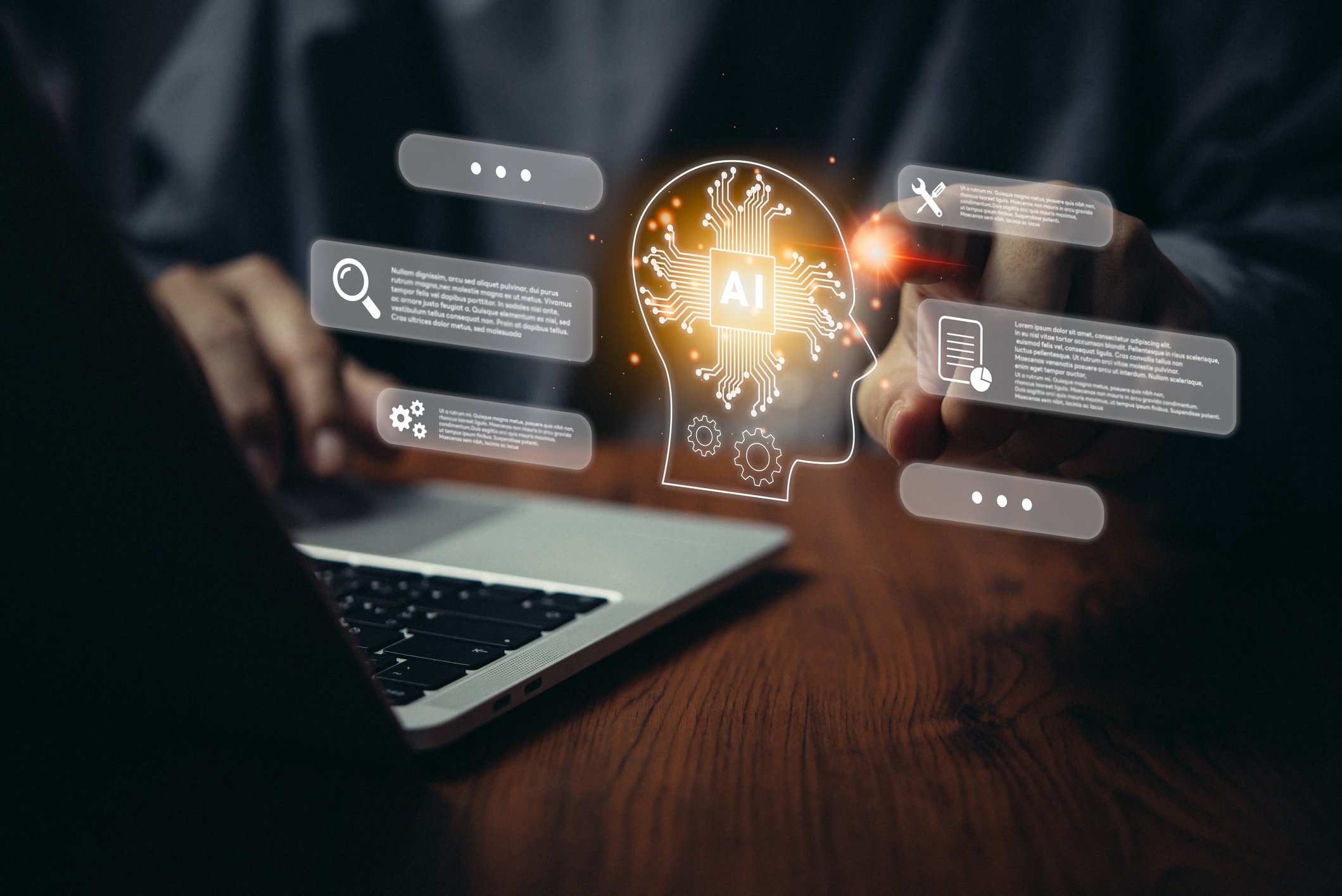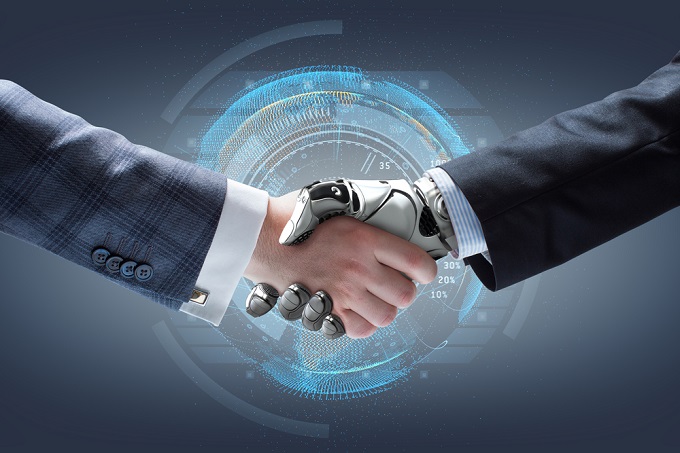In an era defined by rapid technological advancement, autonomous AI agents are surfacing as transformative players in the business landscape. These sophisticated systems, capable of learning and adapting independently, are reshaping the way companies operate—from streamlining processes to enhancing decision-making strategies.
Imagine an intelligent assistant that not only responds to queries but also anticipates business needs, learning from every interaction to offer solutions that drive efficiency and innovation. As organizations increasingly integrate these agents into their workflows, the implications ripple across sectors, challenging traditional roles and redefining productivity.
Striking a balance between human oversight and machine autonomy, businesses are embarking on a new frontier—one where AI agents are not just tools, but partners that propel them toward growth and competitiveness. In this article, we delve into how these autonomous entities are revolutionizing business operations, paving the way for a future where man and machine collaborate seamlessly.
The Rise of Autonomous AI in Business

The rise of autonomous AI in business marks a pivotal transformation in operational efficiency and decision-making. Picture this: a bustling logistics hub where drones weave through the air, autonomously managing inventory; or a customer service system that anticipates client needs with uncanny precision, handling inquiries before they’ve been fully articulated.
As industries pivot to embrace these intelligent agents, they not only streamline processes but also open new avenues for innovation. Companies are discovering that AI can analyze vast datasets in real-time, uncover hidden patterns, and generate insights too complex for human comprehension.
This blend of speed, accuracy, and adaptability is reshaping how businesses operate, from supply chain management to marketing strategies, heralding an era where machines augment human capabilities in ways previously thought impossible. Yet, amidst this technological revolution, organizations must also navigate the ethical and operational challenges that accompany such profound change.
Enhancing Efficiency and Productivity

Autonomous AI agents are revolutionizing the landscape of business operations, driving efficiency and productivity to unprecedented levels. By automating routine tasks, these sophisticated digital workers free up human employees to focus on higher-value activities, unleashing creativity and innovation in the workplace.
Imagine an AI that can analyze vast datasets in seconds, generate insights, and even anticipate market trends before they emerge; this is the new reality for organizations leveraging these tools. Moreover, the ability of AI agents to operate around the clock means that projects can progress uninterrupted, accelerating timelines and enhancing overall performance.
The implications are profound: businesses that embrace this technology not only streamline their operations but also gain a critical edge in an increasingly competitive environment, fostering a culture where agility and adaptability thrive.
Future Trends in Autonomous AI

As we look to the horizon of autonomous AI, several key trends are poised to redefine its role in business operations. First, the integration of advanced machine learning algorithms, focusing on natural language processing and cognitive computing, will empower AI agents to understand and predict nuanced human behaviors.
Imagine a customer service AI that not only resolves queries but anticipates needs based on past interactions. Additionally, the rise of decentralized AI systems will foster collaboration across platforms, allowing multiple agents to share insights and solutions in real-time, thus enhancing decision-making processes.
Moreover, ethical considerations will take center stage, with businesses adopting frameworks that ensure transparency and accountability in AI operations. As these autonomous agents become increasingly sophisticated, we may witness a shift towards hyper-personalization in marketing strategies, with AI tailoring messages to individual preferences at lightning speed.
This convergence of technology and human insight will not only streamline operations but also create an adaptive ecosystem where businesses can thrive in a rapidly changing landscape.
Conclusion
In conclusion, autonomous AI agents are revolutionizing business operations by streamlining processes, enhancing decision-making, and driving innovation across various industries. Their ability to analyze vast amounts of data in real time allows organizations to respond swiftly to market changes, improve efficiency, and ultimately deliver heightened value to customers.
As businesses continue to adopt these advanced technologies, the landscape of corporate operations will undoubtedly evolve, leading to more agile, responsive, and intelligent frameworks that can adapt to the demands of a rapidly changing world. The future of business is being reshaped by the integration of autonomous AI agents, and organizations that embrace this transformation will be well-positioned to thrive in an increasingly competitive marketplace.


